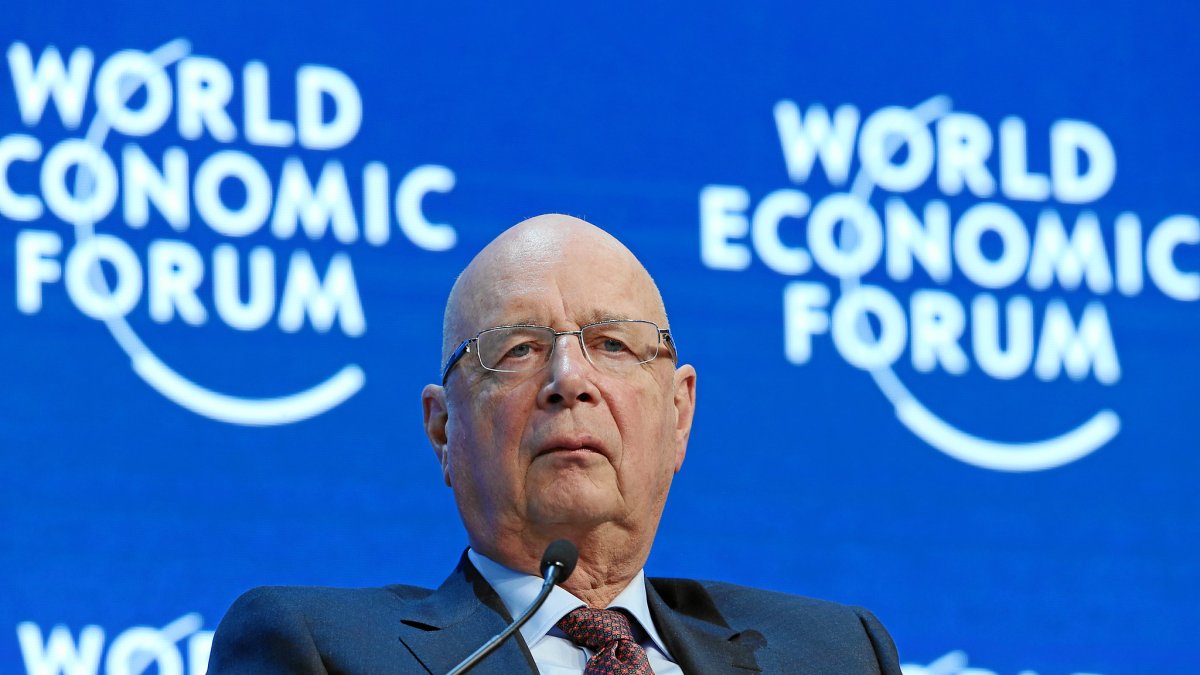World Economic Forum aims to reduce the number of vehicles by 75% by 2050
The international organization published a report expressing its wish to reduce the number of private cars worldwide to 500 million.

World Economic Forum aims to reduce the number of vehicles by 75% by 2050
The World Economic Forum (WEF), also known as the Davos Forum, is trying to push an agenda to reduce the total number of private vehicles worldwide. Specifically, by 2025, the Davos Forum expects to see a 75% reduction in the number of private cars.
This is one of the measures listed in the Benchmarking report on the transition to sustainable urban mobility, a WEF paper to reshape the way the world's citizens move from point A to point B. The objective behind these changes is to attempt toand ensure new forms of transportation suitable for the future of humanity.
The report, signed by the WEF's Head of Urban Transformation and Visa's Head of Sustainability, provides a series of recommendations directly addressed to local governments under the guideline of "moving more people with fewer and cleaner vehicles. Investing in electrification, public transportation and shared mobility is the solution."
WEF claims that it would be ideal to reduce the number of private cars to only 500 million. That would allow approximately every citizen of the European Union to have a private car. No more. In support of their proposal, the authors of the report state that, according to forecasts, 70% of the population will live in large cities by 2050.
Electric vehicles are not enough for the WEF
According to the report's supervisors Jeff Merritt and Douglas Sabo, there needs to be more electric transportation options. However, this alone is not enough to achieve the targets set in the Paris Agreement to reduce CO2 emissions. With the reduction of vehicles proposed by the WEF, carbon emissions would be reduced to 3.9 billion tons per year.
WEF claims that in order to obtain "synergies between electrification and increased public transport," countries need to create "more compact cities," "micro-mobility" options and promote ridesharing.
The report concludes with a tool for measuring mobility levels that meets WEF standards. These are a series of points and evaluations, which the report exemplifies in Buenos Aires, Singapore and Curridabat, Costa Rica.

























